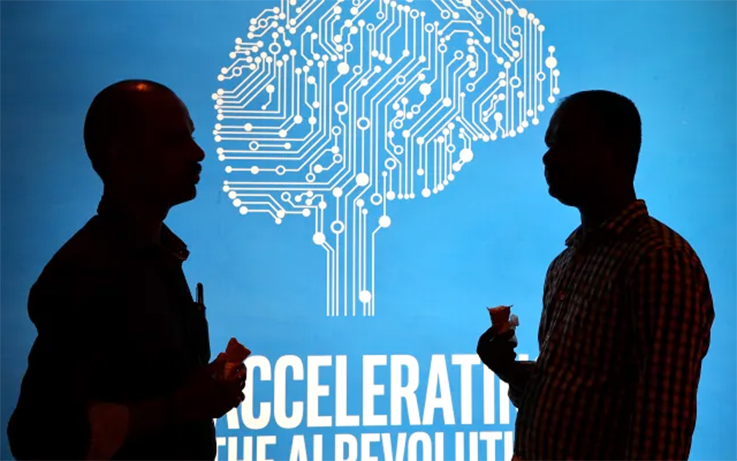In 2013, there was a prediction that sent shivers down the spines of many. The scenario painted a dystopian future where technology ruled over humanity, and society spiraled into chaos. It seemed like a horrifying glimpse into what the future held. However, as the years passed, it became evident that this prediction didn’t materialize as expected. So, what ever happened to that scary 2013 prediction? Let’s delve into the details.
Back in 2013, a group of experts made a prediction that captivated the world’s attention. It warned of a future where machines would surpass humans in intelligence, leading to unprecedented societal upheaval. This prediction gained significant media coverage and sparked both fear and fascination among the public.
Background: The 2013 Prediction
The 2013 prediction was rooted in concerns about the rapid advancements in artificial intelligence (AI) and automation. Experts believed that these technologies would reach a point where they could outperform humans in various domains, such as cognitive tasks and physical labor. This raised questions about the impact on the job market, privacy, and even the possibility of a technological singularity.
The Scary Scenario
According to the prediction, intelligent machines would not only replace humans in many jobs but also gain the ability to learn and evolve at an unprecedented rate. This scenario depicted a world where humans became subservient to machines, leading to social unrest, economic disparities, and a loss of control over our own creations.
Factors That Affected the Prediction
While the 2013 prediction painted a bleak picture, several factors influenced its outcome. First and foremost, the complexity of human intelligence and consciousness proved more challenging to replicate in machines than initially anticipated. Additionally, ethical concerns surrounding AI development prompted regulatory measures and guidelines that ensured responsible innovation.
Technological Advancements Since 2013
Since 2013, technological advancements have indeed been remarkable. However, they have not unfolded in the exact way the prediction envisioned. AI has undoubtedly made significant progress, enhancing various industries and augmenting human capabilities rather than supplanting them. Machine learning algorithms have revolutionized fields such as healthcare, finance, and transportation, benefiting society as a whole.
Analysis of the Prediction
In hindsight, the 2013 prediction may have suffered from a lack of nuance and consideration of the complexity of societal dynamics. While it is essential to anticipate potential risks and challenges, predicting the future accurately is a daunting task. The interplay of human agency, social structures, and the adaptability of technology creates a complex web of factors that shape our future.
Current State of Affairs
As we approach the present day, it is clear that the doomsday scenario predicted in 2013 did not materialize. While challenges remain, humans have proven resilient in adapting to technological advancements. Jobs have transformed, new industries have emerged, and human ingenuity has found ways to harness the potential of AI while mitigating risks.
Reasons for Deviation
Several factors contributed to the deviation from the 2013 prediction. Collaboration between humans and machines has become more prevalent, with the focus shifting from replacing humans to augmenting their abilities. Ethical considerations, public awareness, and regulatory measures have also played a crucial role in ensuring responsible AI development.
Impact on Society
While the fears of a dystopian future have not materialized, the impact of technology on society is undeniable. It has reshaped industries, revolutionized communication, and brought about both positive and negative changes. As we move forward, it is crucial to address issues such as job displacement, privacy concerns, and the ethical implications of AI.
The Importance of Predictions
While the 2013 prediction might not have come true, it served as a wake-up call for society. Predictions, even if they miss the mark, play a vital role in shaping our thoughts and actions. They spark discussions, prompt innovation, and help us navigate the complexities of the future. Failed predictions teach us humility and remind us that the future is ever-changing and influenced by our choices.
In conclusion, the scary 2013 prediction about a future dominated by machines did not unfold as expected. While we still face challenges in the age of AI, humans have shown resilience and adaptability in embracing technological advancements. The interplay between humans and machines has shifted towards collaboration and augmentation, rather than replacement. The future remains uncertain, but our ability to shape it with responsible and ethical practices offers hope for a positive outcome.

